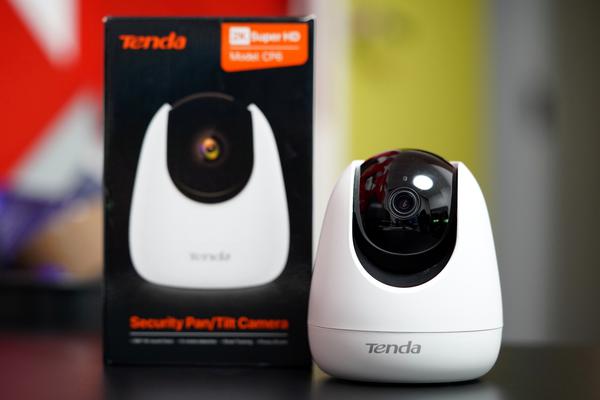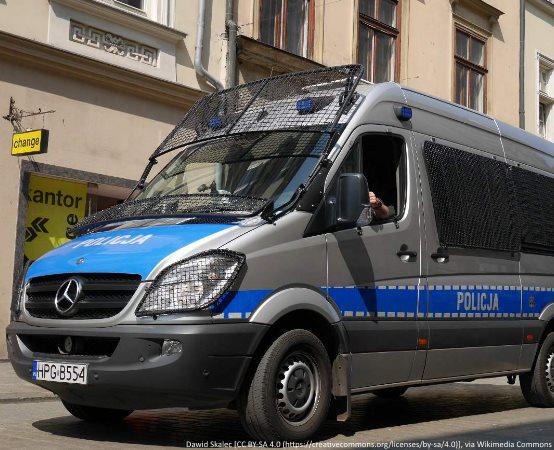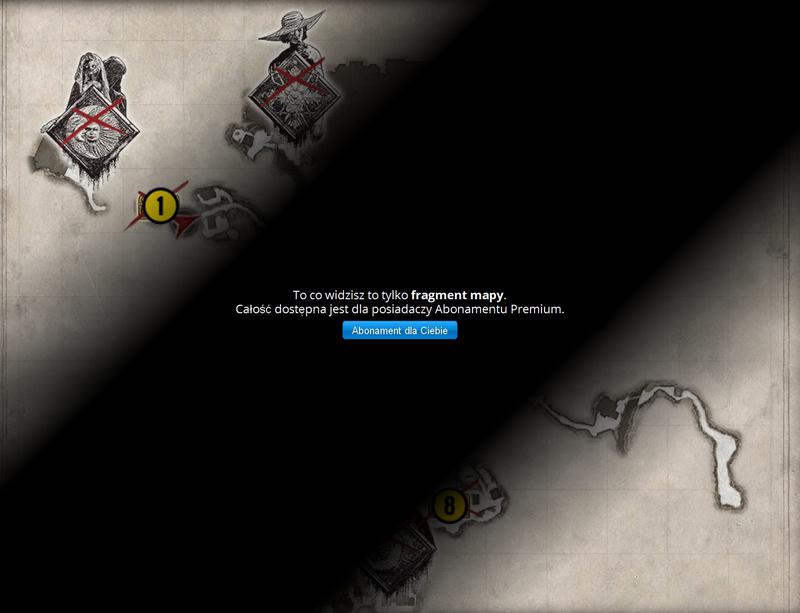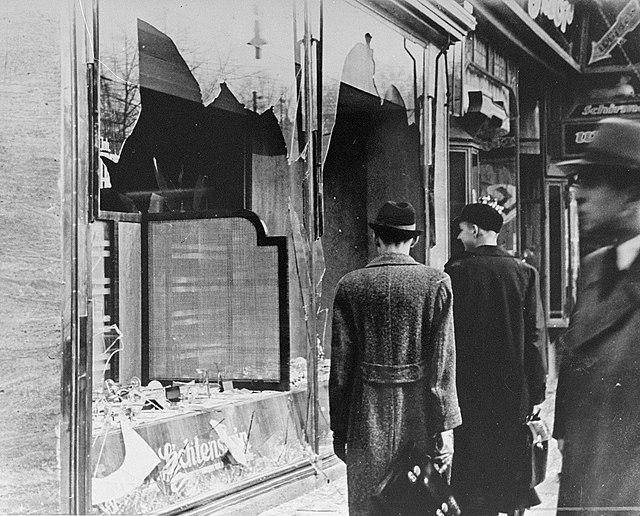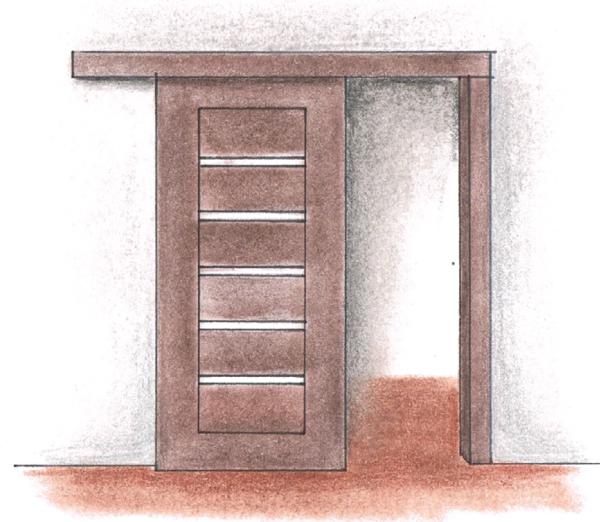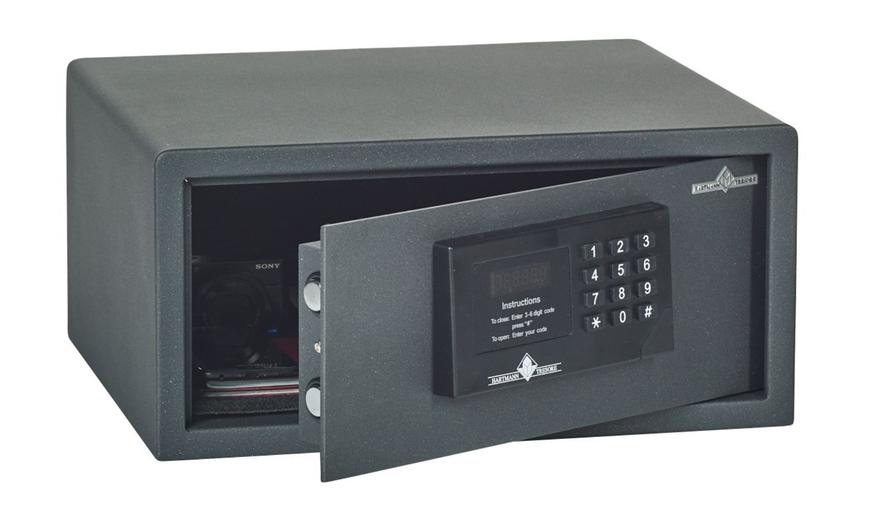Chinese cameras must disappear from the US. Why is this impossible?
The deadline is August 13 and it seems that thousands of devices will not be dismantled by then. Reason? The complex distribution network and the arrangements contained in the license agreements make it practically impossible to determine whether the camera was actually made in China or not, and therefore contains elements that violate US safety regulations, says Bloomberg.
advertisementThis year, the law on national defense authorization was amended to prohibit the purchase of Chinese-made cameras - tools produced by Zhejiang Dahua Technology Co. and Hangzhou Hikvision Digital Technology Co. Hikvision is controlled by the Chinese government at 42 percent, and in 2017, it was discovered that Dahua was producing cameras with a hidden rear-entry mechanism that allows unauthorized persons to use the information recorded on the device and send it to China. Dahua responded to these allegations by saying that the problem had been fixed and made a public statement on the matter. The US government is considering introducing further restrictions that will ban both companies from buying US technology.
advertisement"Monitoring and security equipment sold by Chinese companies jeopardize the security of the US government," said representative Vicky Hartzler, a Republican in Missouri who helped draft the amendment. Removing the cameras "will ensure that China cannot set up video surveillance networks in federal agencies," she added.
Dahua officials declined to comment on the amendment's ban. In turn, the statement by Hikvision states that the equipment they produce complies with all applicable laws and regulations, and that the company has made every effort to guarantee the safety of its products. A company spokesman added that the Chinese government is not constantly involved in Hikvision's actions: "The company is independent in every respect: management, assets, organization and shareholder finances."
Meanwhile, over 1,700 Hikvision and Dahua cameras are still operating in places from which they should be removed by August 13. The actual number of cameras is likely to be greater as only a small percentage of government officials know which cameras they are working on. Entities using software to track devices connected to their networks should be able to check this, and thus remove those that have been subject to the prohibition. The real problem arises when an organization does not have the tools to detect that it is using a prohibited device.
A few years ago, the Department of Homeland Security tried to force all federal agencies to secure their networks by tracking every connected device. From December, only 35 percent. institutions have fully complied with this obligation, according to a 2018 report. As a result, most US federal agencies still do not know how many or what types of devices are connected to their networks and are now trying to manually identify the cameras one by one.
Meanwhile, those responsible for complying with the ban have found that it is much more complicated than turning off all Hikvision or Dahua cameras. Chinese cameras may not only have American labels, but many devices, including those manufactured by Hikvision, probably contain parts from Huawei Technologies Co., whose integrated circuits power about 60 percent. surveillance cameras.
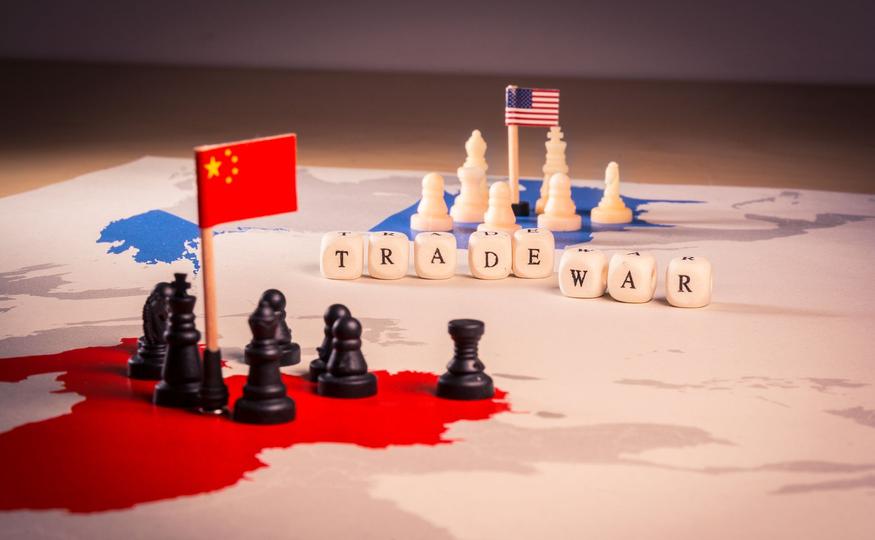
Video surveillance is big business in the US. Video camera sales to the government are expected to increase from $ 570 million in 2016 to $ 705 million in 2021. Hikvision is the world's largest supplier of surveillance equipment, their cameras are installed in American companies, banks, airports, schools, military bases and government offices. Hikvision equipment allows you to produce sharp, full-color images in fog and almost complete darkness, and use artificial intelligence and 3D imaging to power large-scale facial recognition systems.
After being ordered and shipped to the US, some Dahua and Hikvision cameras are shipped to warehouses, while others go to equipment manufacturers such as Panasonic Corp. or Honeywell International Inc., and are marketed under those brands, said John Honovich, founder of IPVM. The cameras are then bought by intermediaries such as security companies that sell them to government agencies and private parties. The assumptions of the NDAA also include extensive Dahua and Hikvision agreements with original equipment manufacturers, so they apply to any retailer that resells devices or uses equipment from these companies.
As a result, two cameras with identical Hikvision software may have completely different labels and packaging. This means that it is almost impossible to determine if the thousands of video cameras installed across the country are actually renamed Chinese devices. A Honeywell spokeswoman said the company cannot track these products, even if asked to do so. Panasonic did not respond to requests for comment.
Due to this convoluted supply chain, government agencies do not know exactly how to actually obey the law. "We've been trying to figure out how big the problem is," says a government employee at the Department of Energy, who asked not to be named because he is not authorized to speak in public. "I don't think we have a full picture of how many of these cameras are actually in use," he said.
The law itself does not say whether this means that agencies have to remove cameras or it is simply enough to stop renewing existing contracts. A group of government officials and experts will meet in Washington next week to try to scrutinize the legislation. Hikvision has a network of around 50,000 installation companies and partners who are wondering how far the legal interpretation will go on this issue.
Some security vendors are already refusing to buy equipment from Hikvision and Dahua. Shares of both companies have fallen since March on speculation about US sanctions. Last month, U.S. President Donald Trump said he would allow U.S. companies to resume shipments of some Huawei products if they apply for a license without creating a national security risk.
If someone routinely eavesdrops on cameras to spy on federal agencies, they can easily identify those who work in government departments, even CIA agents, said Stephen Bryen, former deputy undersecretary of defense in the trade security sector. "It's very dangerous," he added. "This situation cannot be tolerated, and frankly, each agency should write its own directives to make sure it is operating within the law."
>>> Read also: Companies are fighting over who will sell the facial recognition system to the military, police and services first


